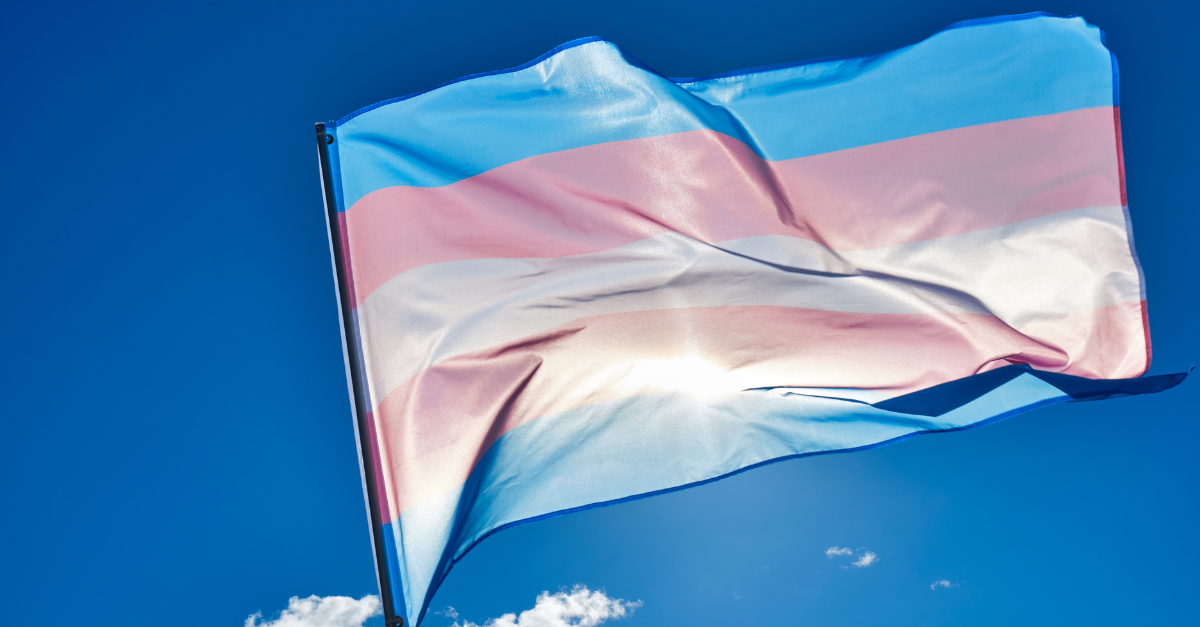NAWL Responds to the Supreme Court Decision in Medina v. Planned Parenthood South Atlantic
Last week, the United States Supreme Court issued its
decision in
Medina v. Planned Parenthood South Atlantic, ruling 6–3 that individual Medicaid beneficiaries cannot sue state officials to enforce the “free-choice-of-provider” provision of the Medicaid Act. The Court’s decision could pave the way for states to exclude providers like Planned Parenthood from Medicaid programs, even when doing so limits access to essential reproductive and preventive health care -- and even when the sole basis for doing so is for ideological reasons.
This ruling marks a significant setback for reproductive justice and health equity. By narrowing the ability of individuals to challenge state actions that restrict access to care, the Court has further eroded the legal tools available to protect the rights of patients who rely on Medicaid to access fundamental healthcare, including preventative and general care and access to contraception. Marginalized communities will likely be disparately affected.
Justice Ketanji Brown Jackson, in a powerful dissent, emphasized the real-world consequences of the majority’s decision: “[T]oday’s decision is likely to result in tangible harm to real people. At a minimum, it will deprive Medicaid recipients in South Carolina of their only meaningful way of enforcing a right that Congress has expressly granted to them. And, more concretely, it will strip those South Carolinians—and countless other Medicaid recipients around the country—of a deeply personal freedom: the ‘ability to decide who treats us at our most vulnerable.’”
NAWL is proud to have joined with the Women’s Bar Association of the District of Columbia in filing an
amicus brief which underscored the importance of preserving legal avenues for patients to challenge discriminatory and harmful state policies. NAWL stands in solidarity with Planned Parenthood, reproductive rights advocates, and the millions of individuals whose access to care is now at greater risk. We urge our members and allies to continue advocating for a legal system that upholds the rights, health, and dignity of all people—regardless of income, identity, or geography.
---
NAWL will continue the conversation at the
2025 Annual Meeting. Hear about this Supreme Court term’s major decisions affecting NAWL’s mission from Arabella Babb Mansfield Award Recipients and co-hosts of the
Strict Scrutiny podcast: Leah Litman, Professor of Law at University of Michigan Law School; Melissa Murray, Professor of Law at New York University School of Law; and Kate Shaw, Professor of Law at University of Pennsylvania Carey Law School. Additionally, after a workshop screening of the film
Zurawski v Texas, Cici Coquillette from the Center for Reproductive Rights and Cassie Ehrenberg from The Lawyering Project and Abortion Defense Network will specifically discuss the
Medina
decision.




